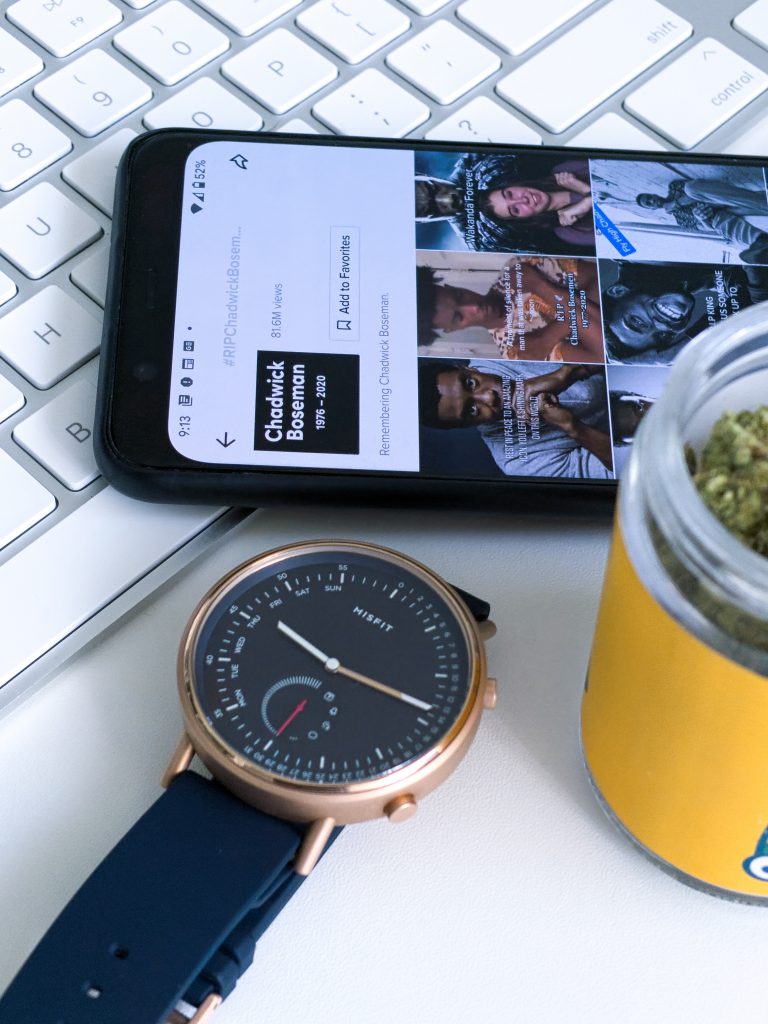As we discussed in the first blog in this lockdown series, most of us are suffering in some way due to lockdown whether it is cabin fever, overwhelm or anxiety over money and work.
Whilst some of the problems can’t be solved quickly, especially whilst the situation remains the same, there are ways of alleviating the stress for short periods which can therefore act as coping mechanisms. Here are six coping strategies for you to try.
Device holiday – We are becoming more and more addicted to our phones, especially at times when we are bored, anxious or stressed. It’s a compulsion to see “what’s happening in the world” but when you are feeling anxious or overwhelmed with your own life, looking at ‘highlights’ of other people’s on social media isn’t going to help.
But taking a break from your device, even for an hour, can help to make you more focused and alleviate stress.
Allow yourself to be bored – It is becoming a common trend that we need to be productive and busy all the time – often doing two or three things at once (who’s not guilty of watching TV, checking emails and cooking dinner all at the same time?).
In Manoush Zomorodi’s Bored and Brilliant she explains that doing nothing is actually good for you so why not ditch the schedule for an afternoon and allow yourself to be bored and do whatever takes your fancy. It will destress you, rejuvenate you and motivate your creative juices.
Take a walk in the sun (or the rain) – Just getting out into fresh air can help to clear and therefore focus the mind, as well as improving blood pressure and strengthening the immune system.
If possible walk in nature – the woods or the park – as this further reduces anger, fear and stress and can only do you good. Even ten minutes outside will be enough to relax you enough to get on with the day.
Take a long bath or shower – For some the soothing nature of hot water – either in a shower or bath – with beautiful smelling soap or scented candles – can do wonders for your mental health. The water and the aromas relax you and can help you to unwind from the stresses of the day.
Journaling – This has long been seen as a really effective way of reducing stress, clearing and focusing the mind, as well as prioritising concerns and having ‘eureka’ moments by connecting your thoughts with your behaviours.
Writing uses the left side of the brain (the rational side) which frees up the right side (the creative side), meaning journaling can not only empty your head of unhelpful thoughts but can also allow your creative juices to flow.
According to Baikie & Wilhelm, 2005[1] writing can make you feel better in general, boost your mood, reduce symptoms of stress and depression and improve your memory.
Gratitude jar – Practicing gratitude is also something than can help reduce stress and anxiety as it focuses on the positives. Having a gratitude jar is something the whole family can get involved in.
Every day write on a piece of paper, something that you are grateful for – no matter how small and then put it in the jar.
Then when you are feeling really down you can open the jar and see what you have written, and it should hopefully give you a lift.
When dealing with stress and anxiety different coping mechanisms work for different people – as our feelings are unique so are the ways of coping. However, should you feel your stress and anxiety are becoming more debilitating it may be advisable to speak with your GP or a counsellor for some more tailored advice.
[1] Baikie, K. A., & Wilhelm, K. (2005). Emotional and physical health benefits of expressive writing. Advances in Psychiatric Treatment, 11, 338-346. doi:10.1192/apt.11.5.338

